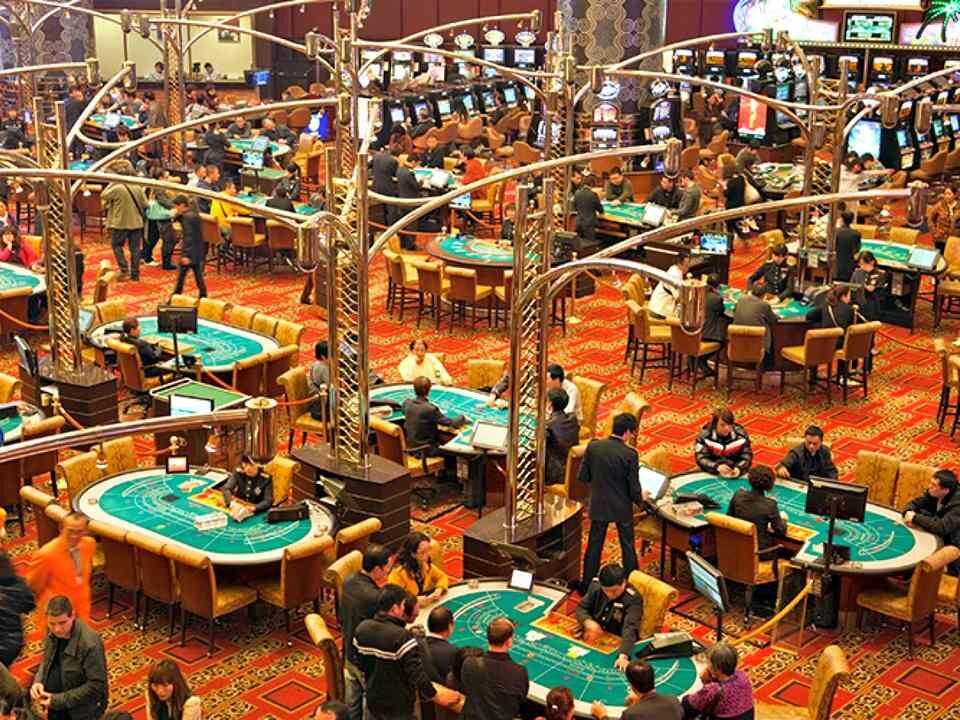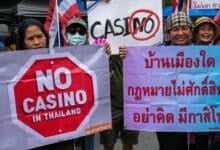Thailand’s casino bill could return in 2026 amid political shifts

Thailand’s long-running casino debate refuses to fade away. The cabinet had, earlier this year, given a green light to a draft law to create regulated casino-entertainment complexes, which led to a surge of optimism among investors and tourism operators. But the optimism didn’t last. Opposition from the Bhumjaithai Party, which quit the ruling coalition over the issue, and widespread protests on the streets forced the bill to be shelved in July 2025. Even so, legal experts believe the idea isn’t dead—if Pheu Thai manages to stabilise its coalition, the legislation could come back as soon as 2026.
The idea is to establish large integrated resorts where casinos, hotels, and entertainment centres would be under stringent control. Proponents believe that this would place Thailand in the same league with other regional destinations such as Singapore and Macau, generating employment, attracting foreign investment, and increasing tourism revenues. Interest in casino sites in Thailand already points to strong demand, with many Thai players turning to online platforms while waiting to see whether land-based venues will eventually get the green light.

But politics continue to complicate the path forward. The Pheu Thai-led coalition remains fragile, with members divided over gambling reform. Bhumjaithai’s departure left the government weakened, and the protests that erupted last July showed how deeply split the public is on the issue. Analysts say that unless Pheu Thai can rebuild its coalition and secure broad support, the bill will remain stuck. The earliest chance for progress, they note, would be in 2026, when a reformed government might revisit the legislation and restart the process with new studies and consultations.
Another challenge is public opinion. There are religious organisations, interest groups, and communal leaders who have expressed grave apprehensions regarding addiction, crime, and social stability. Protesters insisted that no legalisation could occur until a national referendum was conducted, since this would be such a significant change that it should not be imposed on parliament without popular approval. The demand to provide more robust protections, better regulation, and harm-reduction strategies has become increasingly evident. Unless these issues are addressed, lawmakers are likely to be back at a dead end.

On the other side, proponents insist that the economic potential is too significant to ignore. Government estimates suggest legalisation could bring up to 100 billion baht in new investment and increase international tourist arrivals by as much as 10%. The projects would also create thousands of jobs, not only in gaming but in construction, hospitality, and retail. Backers see casinos as part of a broader strategy to strengthen the economy, pointing to global examples, such as the long-delayed $9bn casino in Japan, where Osaka’s groundbreaking came 25 years after integrated resorts were first approved, as proof that even difficult projects can eventually move forward.
If momentum returns in 2026, the draft law would first go through another round of parliamentary debate, followed by feasibility studies and public hearings. Construction of integrated resorts could begin as early as 2027, with the first openings around 2030. For now, though, the plan is stalled. The fate of Thailand’s casino legislation depends on whether political leaders can rebuild consensus and respond to the public’s concerns. Until then, the bill remains a possibility waiting in the wings.
Latest Thailand News
Follow The Thaiger on Google News:


























